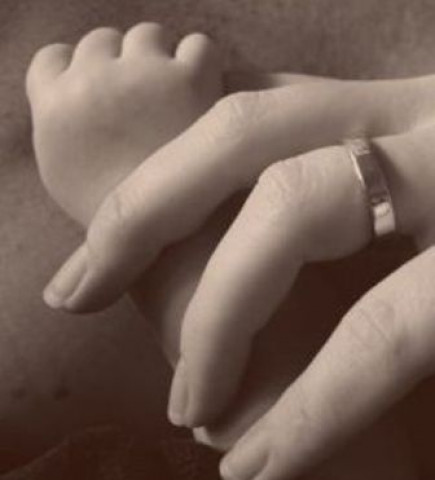Conference: Spotlighting maternal and newborn health
Sessions focused on costs and financing of intervention.

In Pakistan, two-thirds of women give birth at home and only 39 per cent are assisted by a skilled birth attendant during delivery, according to the RAF report. PHOTO: FILE
Research-based evidence is important in improving policies and practices related to maternal and newborn health, experts said at a conference on Thursday.
The second annual conference of the “Maternal and Newborn Health Programme - Research and Advocacy Fund (RAF)” was themed “Bridging the Gap – Evidence for Policy and Practice.”
The conference sessions focused on the costs and financing of maternal and newborn health, socio-economic and cultural factors affecting maternal and newborn health and engaging with civil society to improve health outcomes.
In Pakistan, two-thirds of women give birth at home and only 39 per cent are assisted by a skilled birth attendant during delivery, according to the RAF report.
“Women and children are the UK’s number one health priority in Pakistan,” said Department for International Development (DFID) Senior Health Adviser Desmond Whyms.
Whyms also highlighted that by 2015, UK aid will have funded the training and deployment of 12,000 community midwives, helped prevent 3,600 mothers’ deaths, delivered 350,000 more babies in hospitals and prevented 750,000 women from developing anaemia during pregnancies.
RAF, managed by the British Council, is a grant fund of the DFID and the Australian Agency for International Development.
Published in The Express Tribune, March 22nd, 2013.



















COMMENTS
Comments are moderated and generally will be posted if they are on-topic and not abusive.
For more information, please see our Comments FAQ